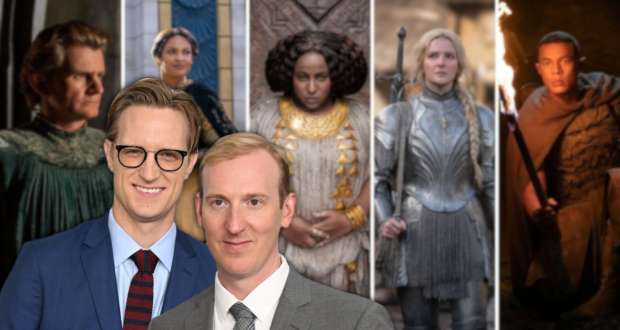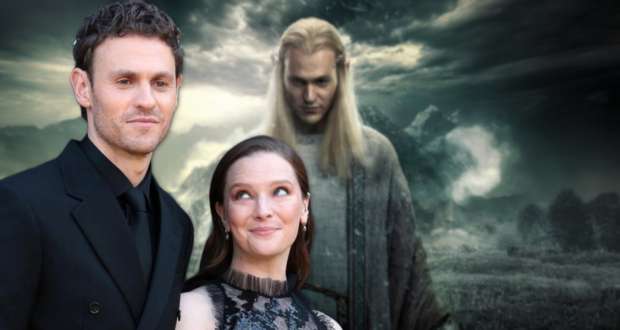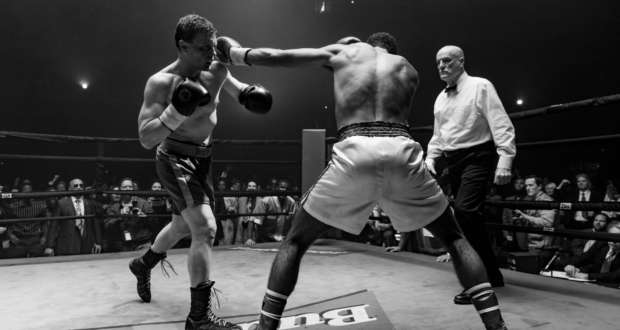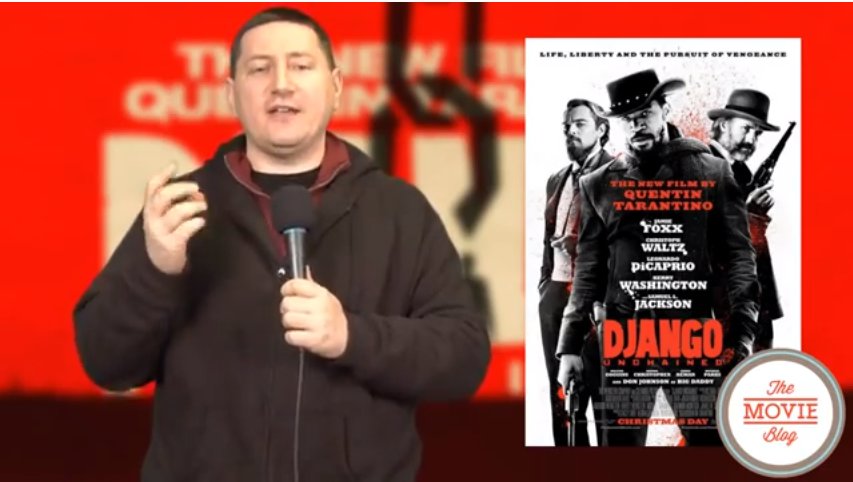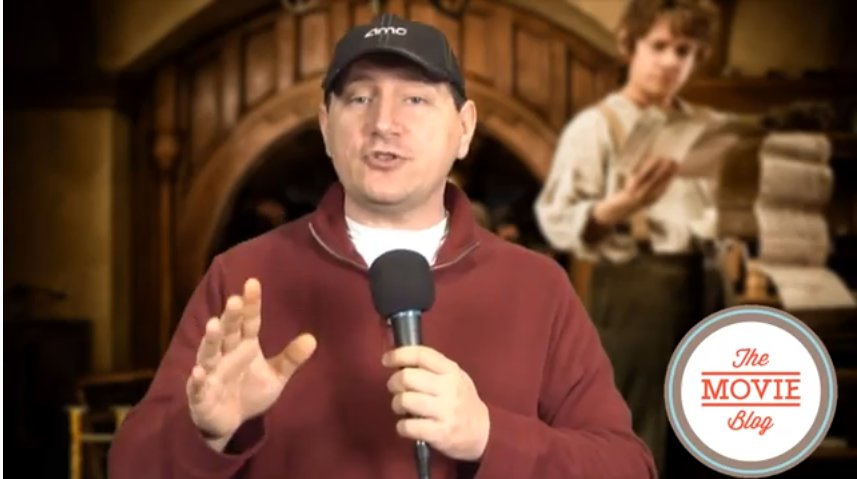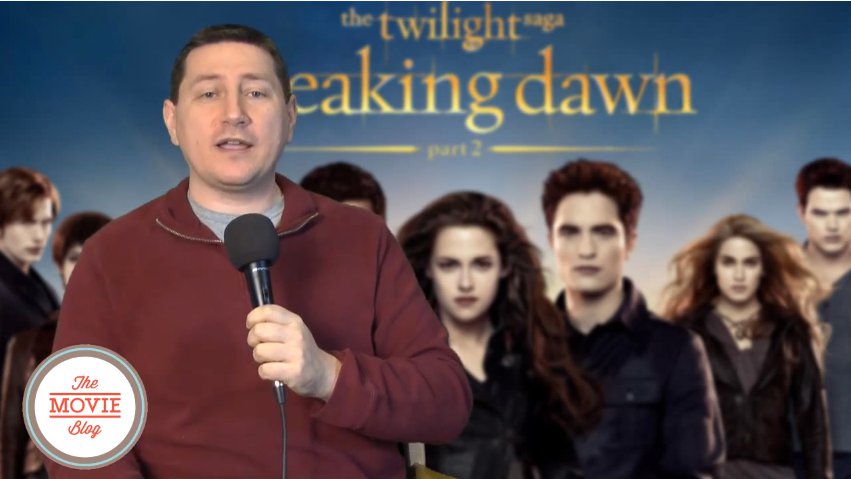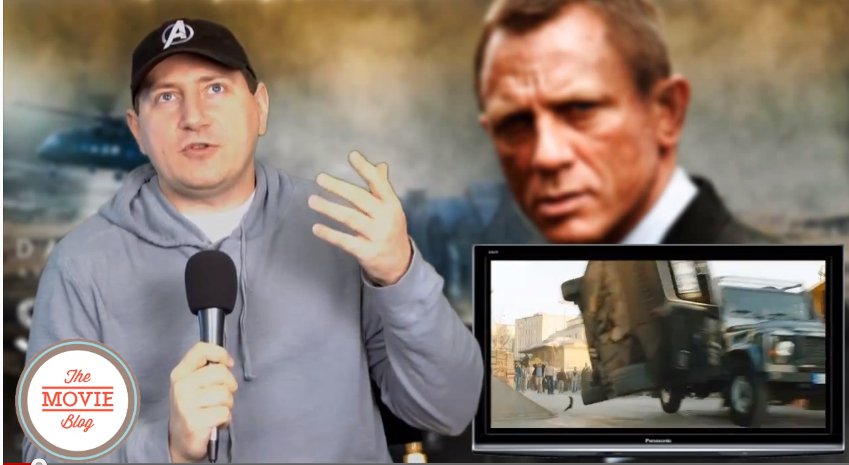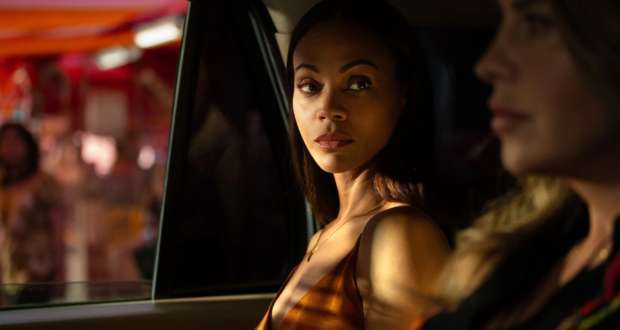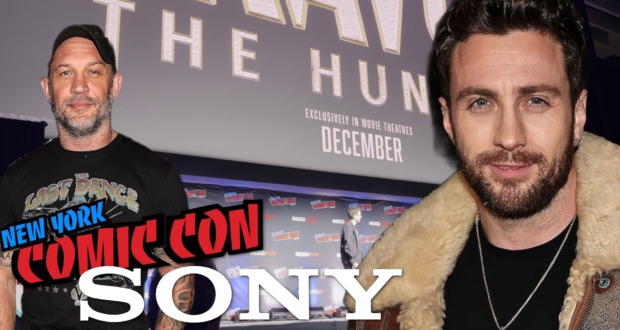
Ok, first things first. We loved “No Country For Old Men”, and if you recall we even listed it at #6 on our 10 best films of 2007 list. However, there were 3 things in the film that prevents it from being in the top 2 spots… and with all the awards consideration the film seems to be getting these days, I thought it would be interesting to open up the conversation about those flaws (as I saw them anyway). So for your consideration, and strictly for the purpose of conversation, here now are the 3 Things To Hate About No Country For Old Men.
BE WARNED!!! THIS VIDEO IS INTENDED FOR THOSE WHO HAVE ALREADY SEEN THE MOVIE AND IS FILLED WITH SPOILERS
Share this Story
